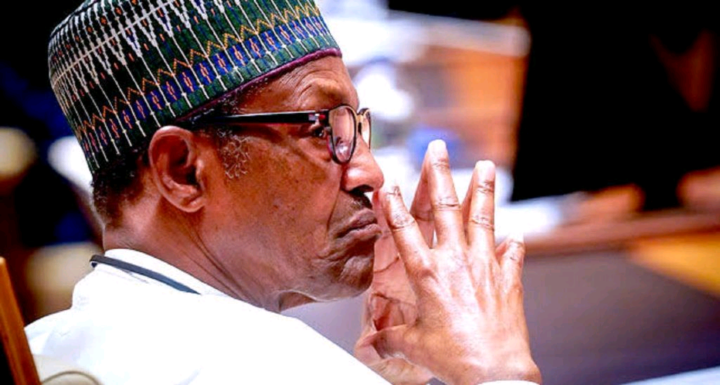The President, Major General Muhammadu Buhari (retd.), has signed the Petroleum Industry Bill 2021 into law.

Under the DSDP scheme, which was introduced by the NNPC in 2016, selected companies are allocated crude supplies in exchange for the delivery of an equal value of petrol and other refined products to the corporation.
Several stakeholders, including fuel marketers, the Trade Union Congress of Nigeria and oil unions, had expressed their opposition to the provision that limited imports to only refiners.
Our correspondent gathered that the provision was altered during the harmonisation of the PIB passed by the Senate and House of Representations before it was sent to the President for his assent.
According section 317 of the PIA, the Authority may apply the Backward Integration Policy in the downstream petroleum sector to encourage investment in local refining.
It says, “Licence to import any product shortfalls may be assigned to companies with active local refining licences or proven track records of international crude oil and petroleum products trading.
“Import volume to be allocated between participants shall be based on criteria to be set by the Authority taking into account the respective refining output in the preceding quarter, share of active wholesale customers competitive pricing and prudent supply, storage and distribution tract records.
“To safeguard the health of Nigerians, imported petroleum products shall conform to the Afri-5 Specification (50ppm sulphur) as per the ECOWAS declaration of February 2020 on adoption of the Afri-Fuels Roadmap or as may be prescribed by regulation.”
According to the section, the government, on behalf of the federation, may request the services of NNPC Limited as supplier of last resort to ensure adequate supply and distribution of Premium Motor Spirit for a period not exceeding six months and all associated costs shall be for the account of the federation.
“This law is a step in the right direction; it does more good than harm for the downstream. What is clear is that it clearly favours free-market competition, and so it deregulates the setting of prices,” the Executive Secretary/Chief Executive Officer, Major Oil Marketers Association of Nigeria, Mr Clement Isong, told our correspondent.
Support InfoStride News' Credible Journalism: Only credible journalism can guarantee a fair, accountable and transparent society, including democracy and government. It involves a lot of efforts and money. We need your support. Click here to Donate
